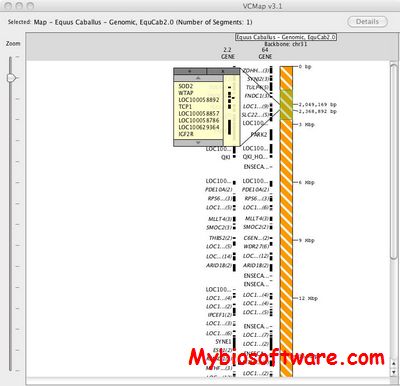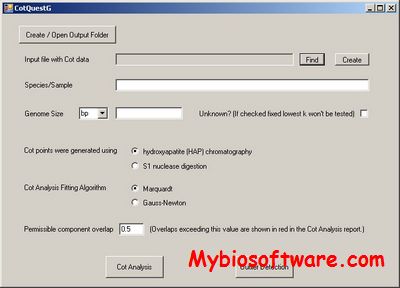YACOP 2
:: DESCRIPTION
YACOP is a metatool for gene prediction in prokaryotic genomes. The predictions generated by the tool are based on the output of existing gene finding programs. In present YACOP supports the boolean combination of predictions from Critica 105b (with wublast2), Glimmer 2.02 or Glimmer 2.10 (with RBSfinder), Orpheus (with dps) and ZCurve1.0. The output can be adapted to different modes by customizing the enclosed ini-file, so that the tool can also be used for comparision and evaluation of different predictions.
::DEVELOPER
the Department of Bioinformatics of the University of Göttingen
:: SCREENSHOTS
N/A
:: REQUIREMENTS
:: DOWNLOAD
:: MORE INFORMATION
Citation
M. Tech and R. Merkl (2003)
YACOP: Enhanced Gene Prediction Obtained by a Combination of Existing Methods
In Silico Biology 3:4.



